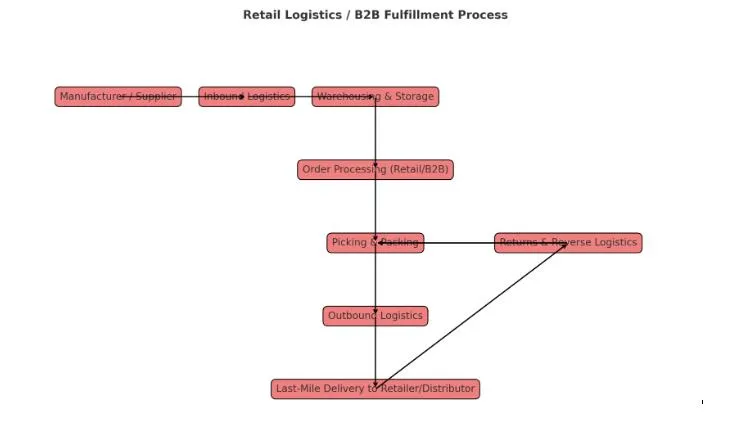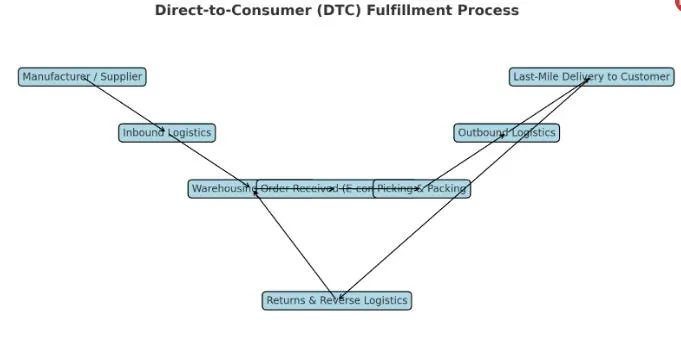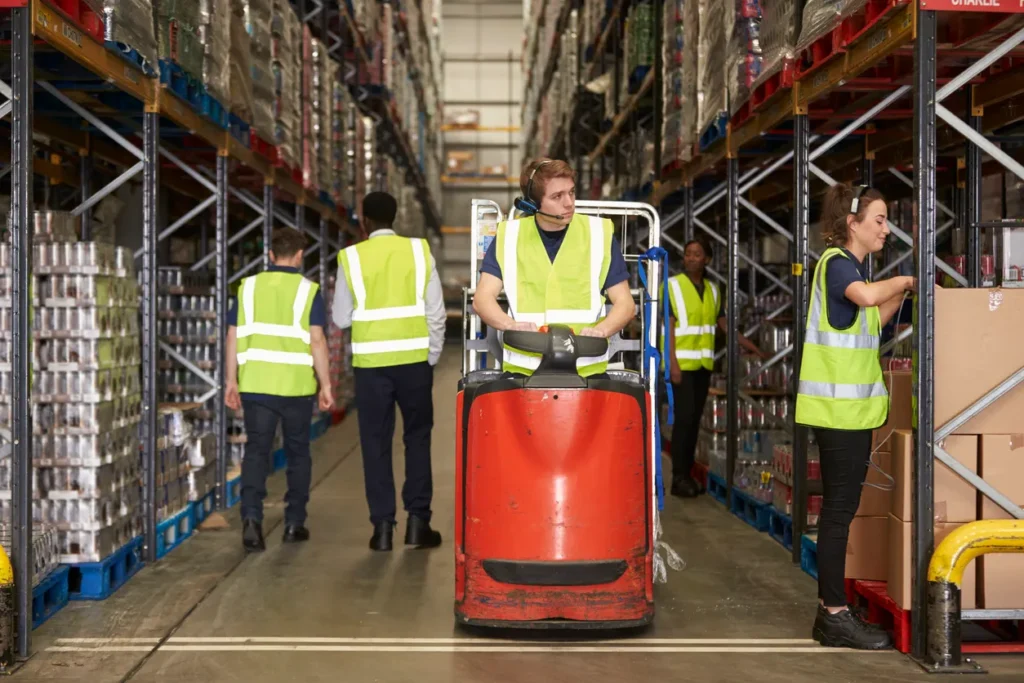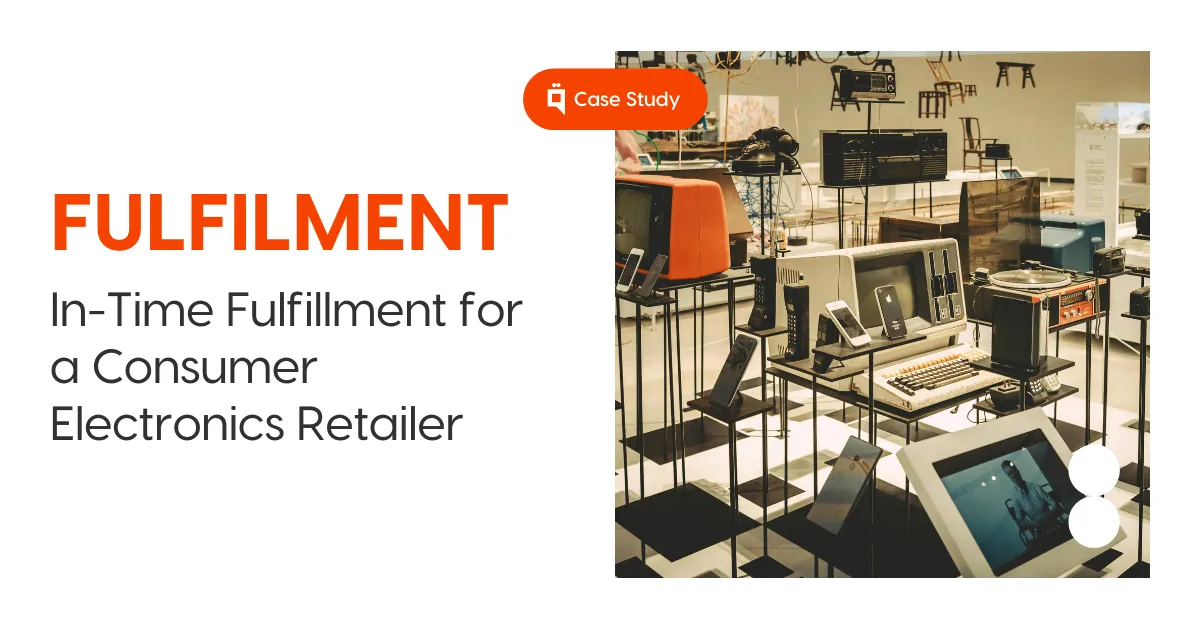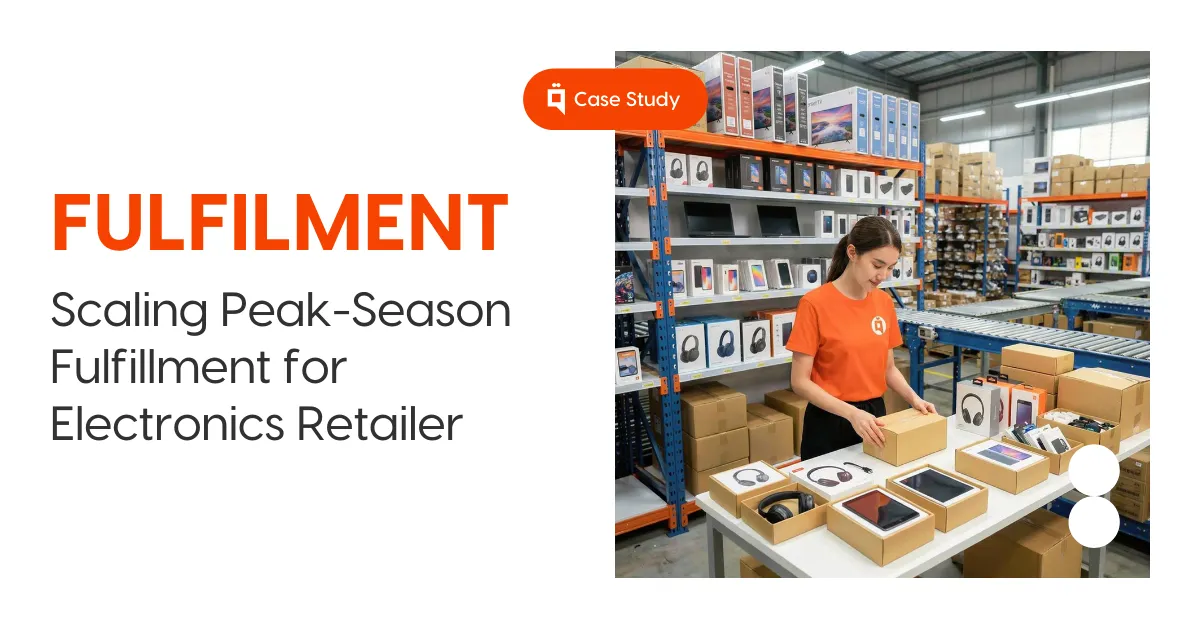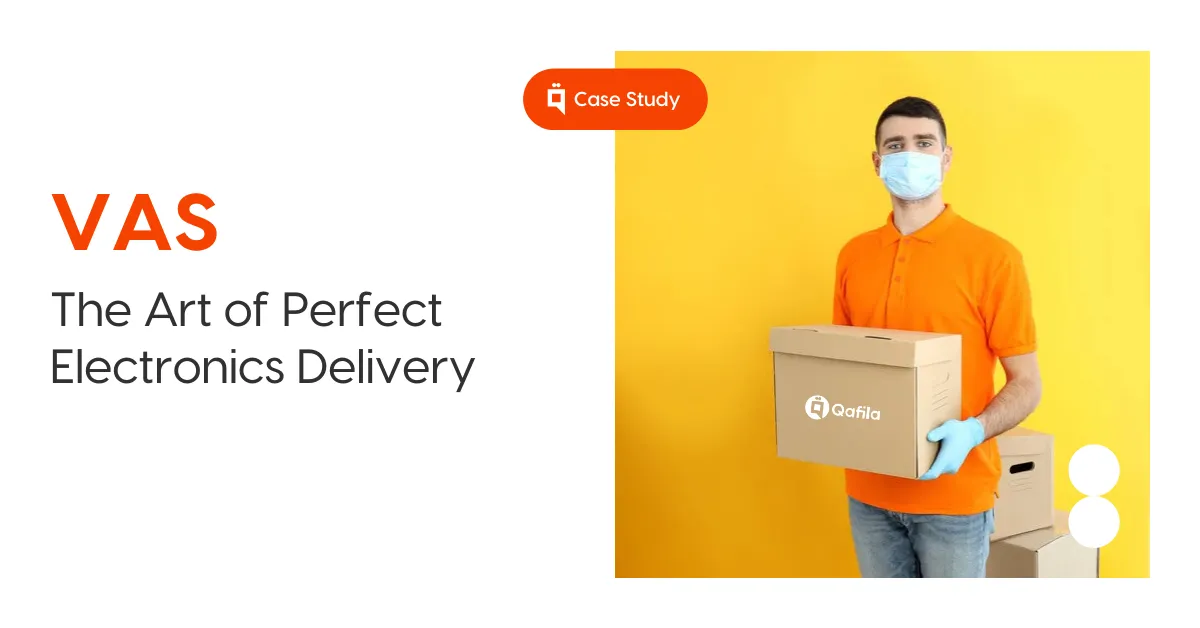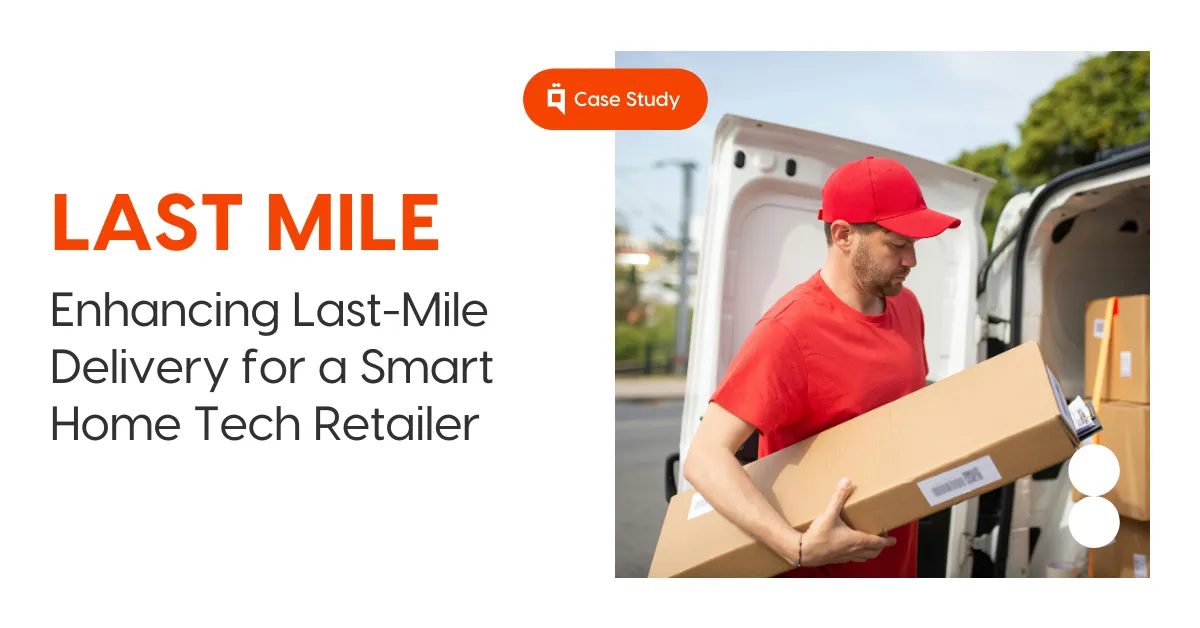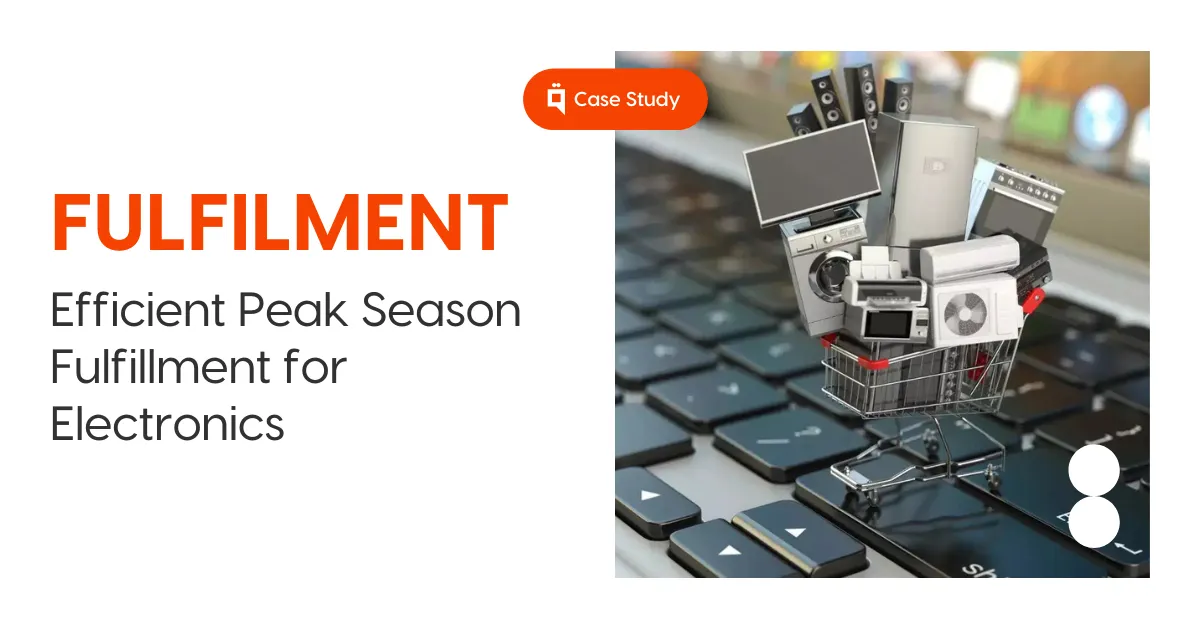Just-In-Time Fulfillment Excellence for a Consumer Electronics Retailer
Seamless Fulfillment for Rapid Growth: A GCC Beauty Brand’s Success Story with Qafila Introduction Rapid growth across Amazon and multiple online marketplaces pushed a consumer electronics retailer to rethink its fulfillment operations. Faced with rapidly evolving product lines and volatile order volumes, the retailer leveraged Qafila’s advanced logistics network and technology-driven solutions to optimize inventory management, streamline order processing, and […]
